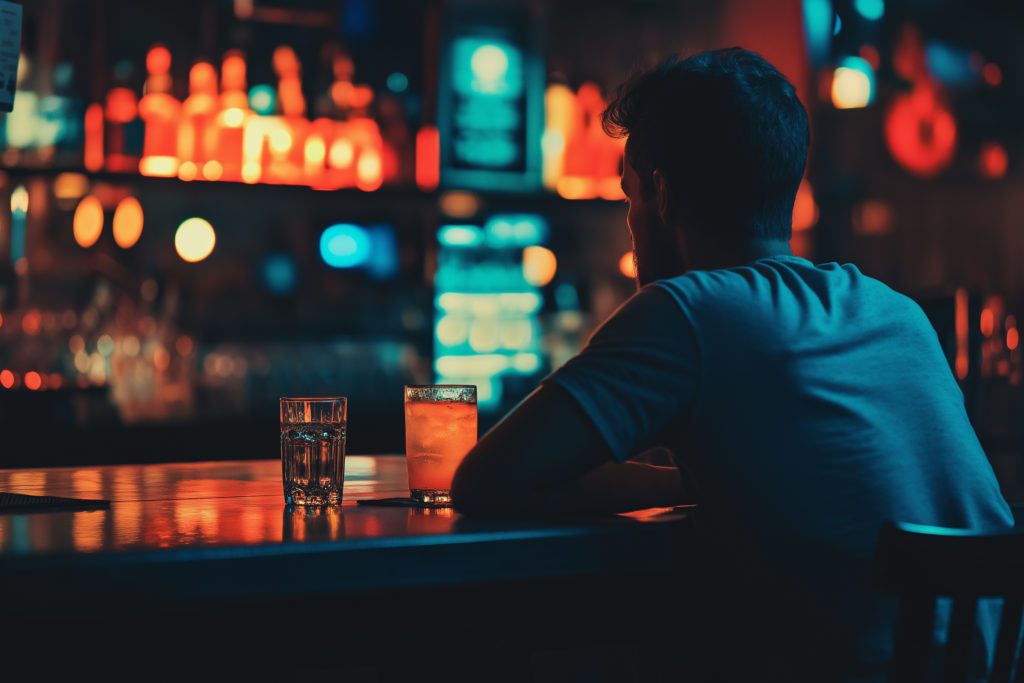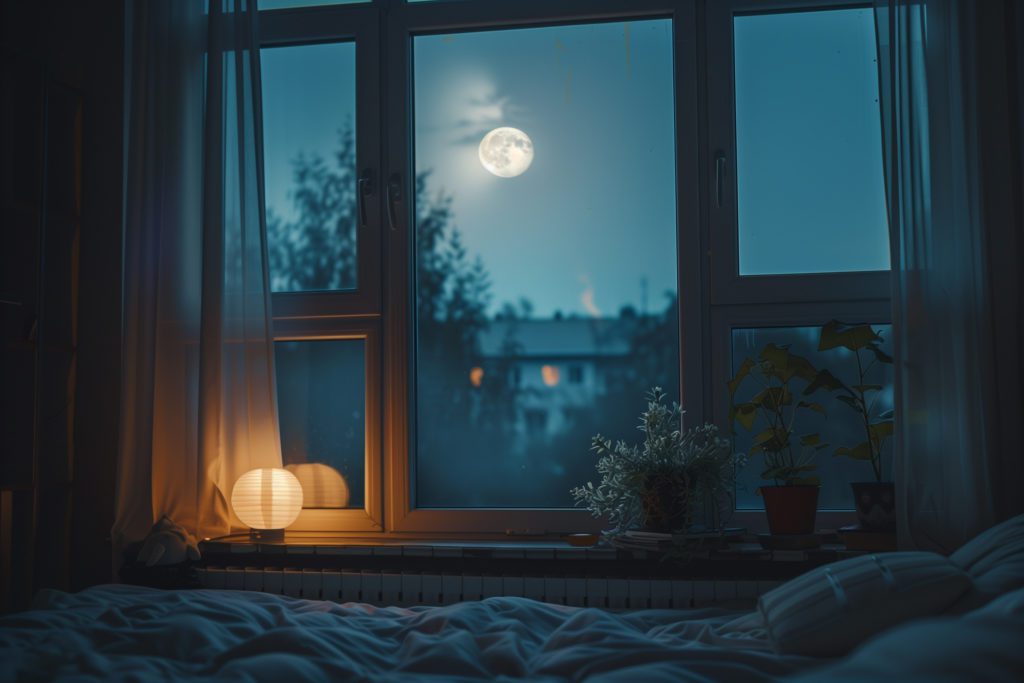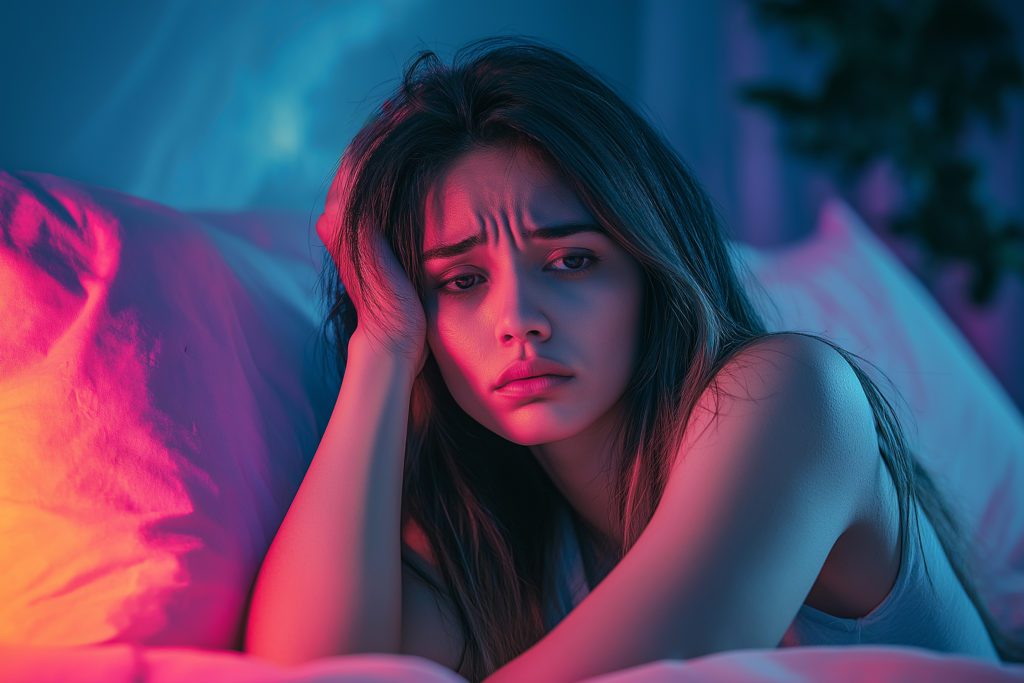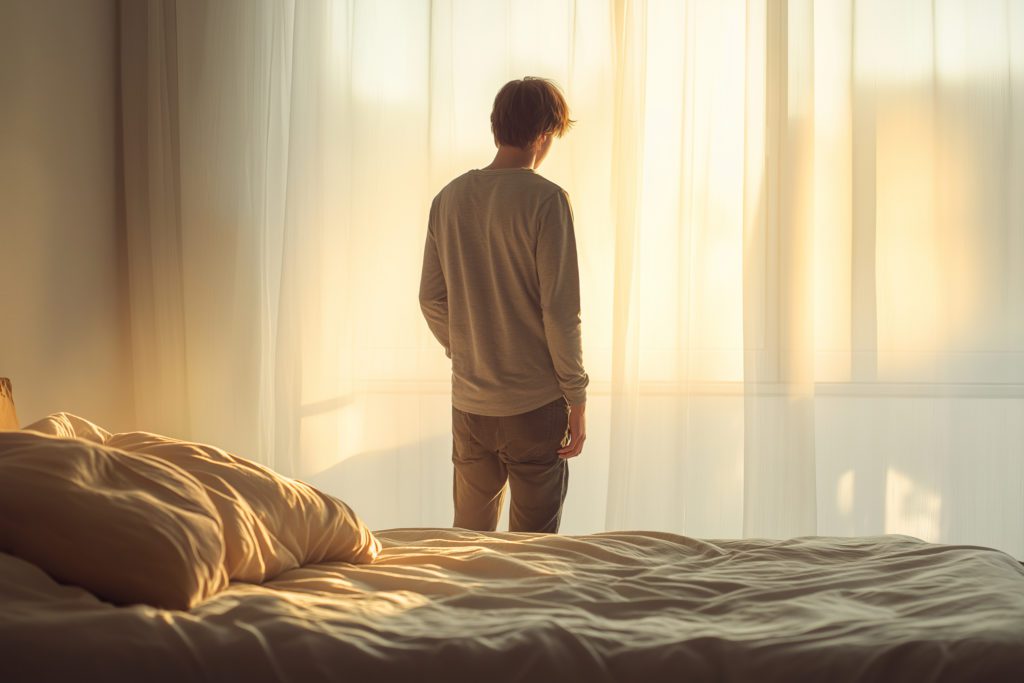
The Changing Face of Sleep: How Electricity Altered Human Sleep Cycles
Learn how the invention of electricity revolutionized our sleep cycles, altered melatonin production, and changed our circadian rhythms.

As humans, we have always needed adequate sleep to function, but did you know that electricity actually changed how well—and how long—we sleep? Before industrialization, our sleep was much different, dependent upon the presence or absence of sunlight in the world around us. However, in today’s modern world, our sleep cycle differs in terms of our circadian rhythm, our hormone regulation, and much more.
In this article, we'll explore how electricity altered human cycles at the dawn of industrialization. We'll expose what some of the latest research in this area has stated, as well as what it means now for our sleep. As you will learn, electricity was a fantastic invention. Still, it forever changed the quality and regularity of our sleep and wake cycle, especially compared to generations before the 20th century.
Electricity Disrupted Our Melatonin Production
With the invention of electricity, one of the first changes to our sleep cycles as humans was the disruption of melatonin production. Melatonin production typically mirrors the daylight pattern during a 24-hour cycle for those without any sleep disorders.
Two hours after the sun rises, melatonin production is limited. It dissipates, but as the sunset arrives, people's melatonin tends to increase in its production over the next two hours, creating that sleepy feeling many may feel when it comes time to wind down for bed (Source: The Royal Society Publishing).
However, electricity created bright lights within the home to allow people to stay up later, disrupting melatonin production. Studies show that the more artificial light people are exposed to, the less melatonin is produced, even with their eyes closed. In fact, in some cases, they may even see a suppression of melatonin production.
The suppression of melatonin can be extremely harmful to our bodies as we try to maintain a normal sleep cycle. Melatonin is a hormone that supports our body's natural rest. Yet, not only has melatonin production changed because of electricity but also our overall circadian rhythms and our usual sleep and wake cycles.
Electricity Changed Our Sleep Schedules
As you might have guessed, the alteration in melatonin production also affected our overall sleep cycles. In the past, many people would sleep when it became dark and wake up when the sun rose. This was the natural way of living for many people, but the use of electric lights at night actually changed this. With the creation of artificial light, people could stay up as late as they wanted, disrupting their usual circadian rhythms.
A study published in Translational Psychiatry stated that the boundaries between day and night were blurred when electricity was invented. In fact, these researchers even confirmed connections between altered circadian rhythms and mood disorders, showing that the alteration of our sleep schedules had more consequences than we imagined at the time when we adopted these new tools into our daily routine.
Some of the best examples of altered circadian rhythms include those who have what is called shift work disorder (SWD), a circadian rhythm disorder where people work outside the normal daylight hours and have trouble sleeping, even with getting enough rest throughout the day. While electricity helped us stay up late to spend more time with friends and family, it changed how we slept, causing us to abandon the usual pattern of resting when it was dark and waking when it was light out.
Electricity Hurt Our Sleep Quality
Many researchers have found that electricity hurts sleep quality. While you might think that sleep duration has changed because of electricity, that is not the case. A study on Haitians who lived without electricity in their homes demonstrated the same sleep duration but more time spent in bed. Further studies on EMFs, or electromagnetic fields, show that people’s sleep quality is actually hindered more than their duration of sleep.
Many people are concerned about their exposure to EMFs, and rightfully so. An article published in the Journal of Environmental Health Science and Engineering studied 40 different workers who were exposed to EMFs on a regular basis while they slept. Shockingly, nearly a third of them had poor health, and 61% of them had a sleep disorder. What this means is that people’s sleep health is actually altered because of their proximity to electricity.
The significant number of these workers who were diagnosed with a sleep disorder is startling, but it proves that electricity has made getting quality sleep much harder for us today. Not only that, but there are some studies that show general sleep duration may be relatively the same, but there is a marginal difference between those who are exposed to electricity and those who are not at night.
Electricity May Have an Impact on Our Sleep Duration
While there have been so many studies that show no disparity in sleep duration, people have studied artificial light to discover a marginal difference in those who are exposed to this form of light at night. When comparing a hunter-gatherer community in Argentina and a modern community, the hunter-gatherers slept on average 43 minutes longer in the summer and 56 minutes longer during the winter (Source: Sage Journals).
The study focused solely on inexpensive forms of light, showing that those who have inexpensive light in the house may sleep marginally less than others who do not. So, if you can, try to purchase higher-quality lights or limit your exposure to light during the evening hours after the sun goes down. You just might enjoy an extra couple of minutes of sleep!
How Will You Improve Your Sleep?
With an understanding of how electricity historically and now affects our sleep, you can see just how important it is to curate the perfect sleep environment. If you can, try your best to stick to our natural sleep and wake cycle, going to bed just after it gets dark and waking up early. It might not be possible for everyone, but with a few minor adjustments, you can improve your sleep and ensure adequate rest no matter what awaits you tomorrow.

Written by
Marie Soukup
Marie Soukup is a seasoned copywriter, editor, and Integrative Nutrition Health Coach with a certificate from the Institute of Integrative Nutrition (IIN). With years of experience working with brands across diverse industries, Marie is passionate about holistic health and crafting compelling content.
Download Pillow
Get help
Press & News
Legal
Connect
X (Twitter)
Company
Copyright © Neybox Digital Ltd.



